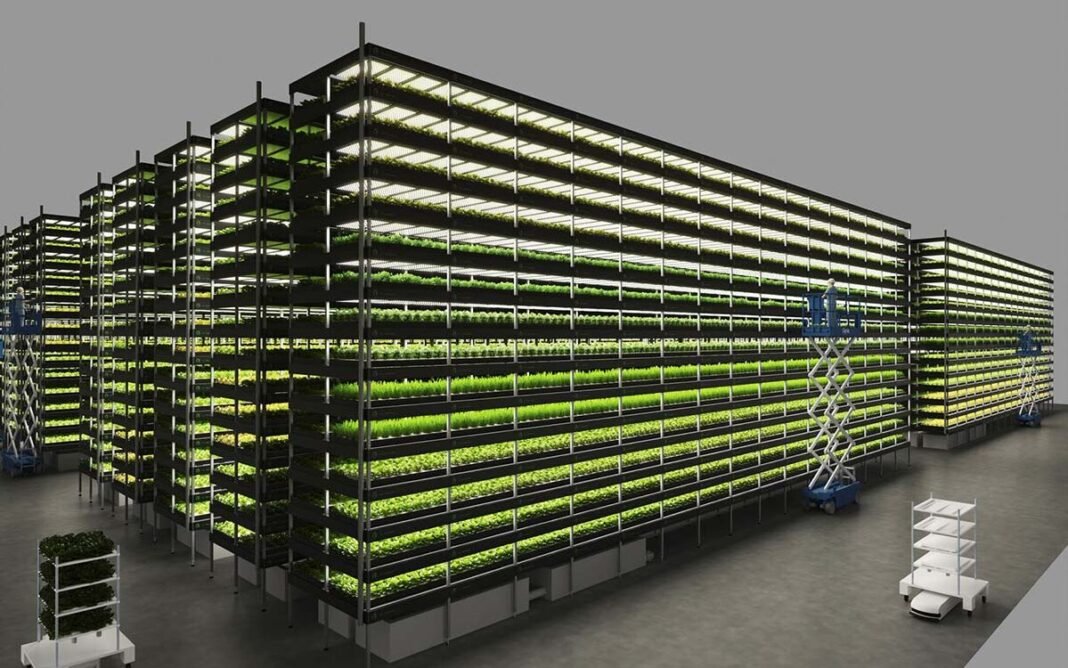Vertical farming is emerging as a game-changing solution to meet the growing demand for food while addressing the challenges of limited arable land and environmental concerns. This article explores the concept of vertical farming, its benefits, and its potential to transform agriculture for a more sustainable future.
Vertical farming involves the cultivation of crops in vertically stacked layers, often in controlled indoor environments. By utilizing innovative techniques such as hydroponics or aeroponics, vertical farms can optimize space, water usage, and nutrient delivery, resulting in higher crop yields and reduced environmental impact.
One of the key advantages of vertical farming is its ability to maximize food production in urban areas. With the global population increasingly concentrated in cities, urban farming can play a vital role in enhancing local food security and reducing dependence on long-distance transportation.
By growing crops vertically, these farms require less land compared to traditional agriculture. They can be established in unused buildings, repurposed warehouses, or even in skyscrapers, making efficient use of urban space. This approach minimizes the conversion of natural habitats and reduces the carbon footprint associated with transporting produce over long distances.
Vertical farming also offers advantages in terms of resource conservation. By using advanced water management systems, the farms can drastically reduce water consumption compared to conventional farming methods. Additionally, the controlled environment minimizes the need for pesticides, herbicides, and fertilizers, leading to decreased chemical usage and potential environmental contamination.
Furthermore, vertical farming enables year-round production, regardless of seasonal limitations. The precise control of temperature, humidity, and lighting conditions allows for consistent crop growth, reducing vulnerability to climate change and extreme weather events.
Vertical farming represents a promising avenue for sustainable agriculture. Its ability to maximize food production in urban areas, optimize resource usage, and minimize environmental impact makes it a viable solution for the future. As technology advances and scalability increases, vertical farming has the potential to revolutionize food production and contribute to a more resilient and food-secure world.




